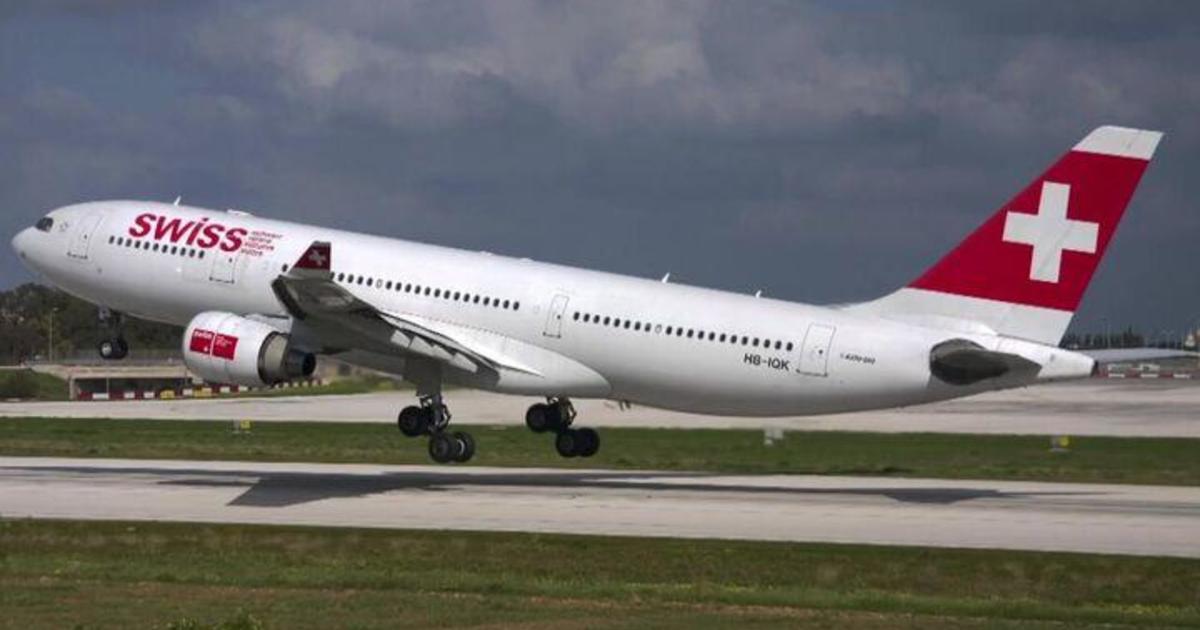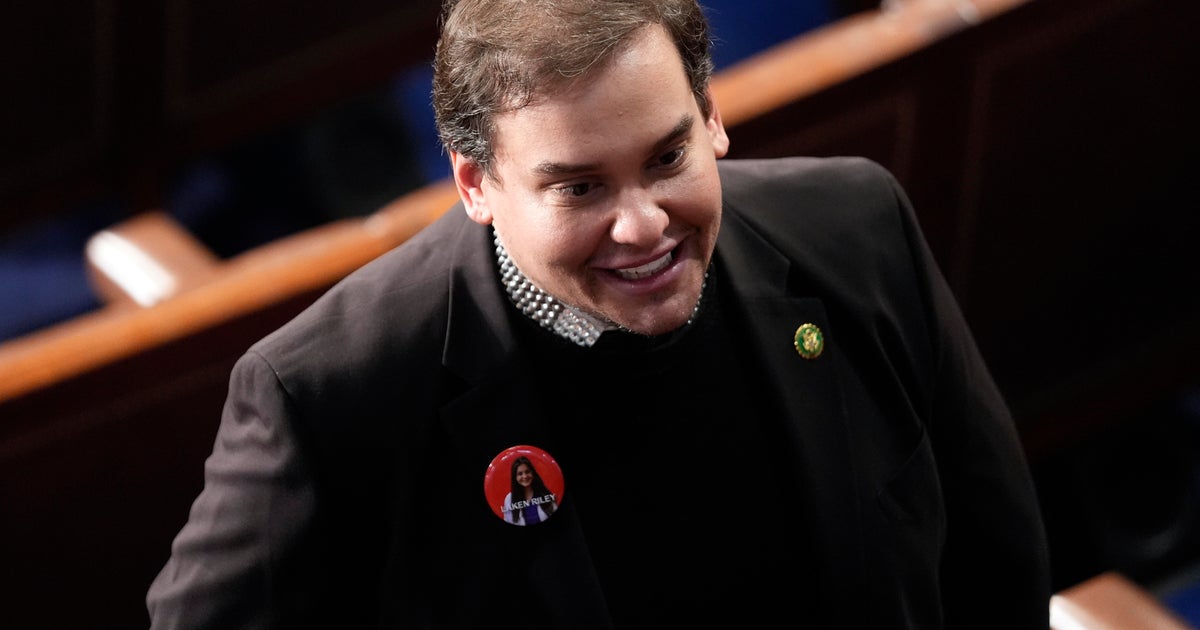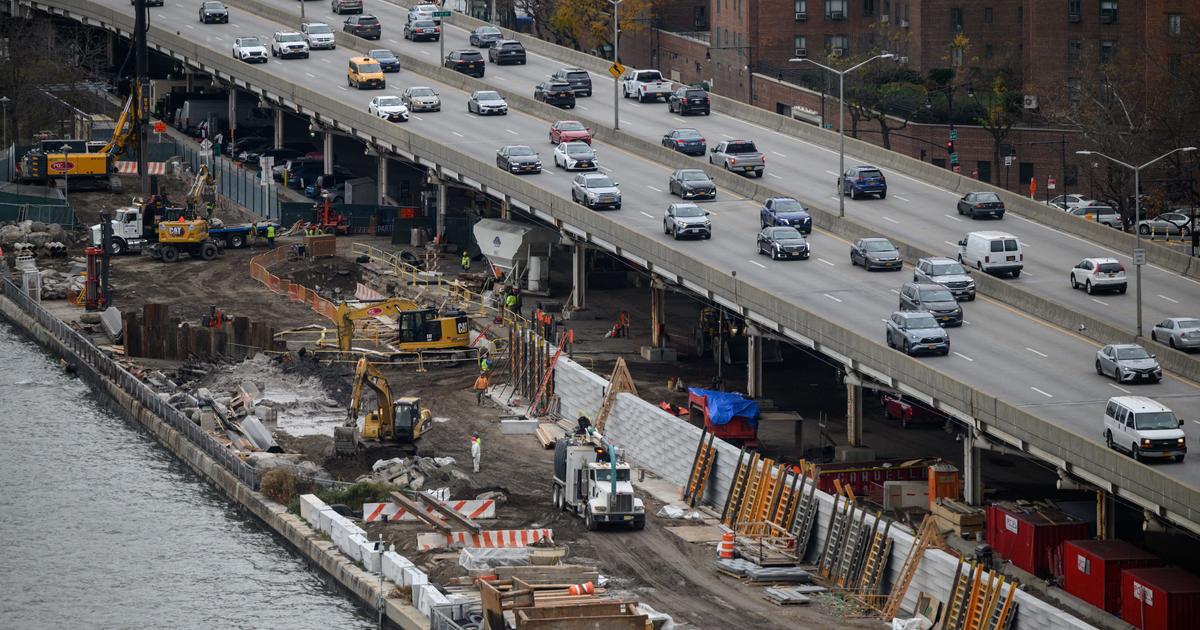MTA Announces Plans For Immediate Improvements On Metro-North
NEW YORK (CBSNewYork) -- The Metropolitan Transportation Authority announced plans Sunday night that it plans to make immediate safety improvements on the Metro-North Railroad, a week after a derailment in the Bronx left four people dead.
The agency announced that plans were under way to reinforce safety at critical curves and movable bridges on the Metro-North system. The improvements were ordered by Gov. Andrew Cuomo in a letter to the MTA Friday, and in an emergency order by the Federal Railroad Administration.
"Metro-North is taking important steps to improve safety for its customers and employees, and I expect the railroad will continue searching for ways to improve its operations and fully restore its commuters' confidence," said MTA chairman and chief executive officer Thomas F. Prendergast said in a news release.
Already at the Spuyten Duyvil curve where the derailment happened Sunday, new signs have been installed warning engineers of the approaching speed reduction. The brakes will be applied automatically on trains that fail to reduce speed to the maximum of 30 mph.
The new signals were installed along with the tracks that were repaired after being shredded by the derailment, and will be in use by all trains on Monday morning.
By Tuesday morning, all Metro-North trains will have enhanced communication between engineers and conductors to ensure safe speeds. Conductors will stand with engineers at each train control cab through critical curves to confirm verbally that speed limits are being adhered to, the MTA said.
When this is not possible, the conductors and engineers will communicate by radio.
Metro-North engineers also have begun developing new signal protections to enforce speed restrictions automatically at the other four critical curves besides the Spuyten Duyvil curves. They curves at Yonkers on the Hudson Line, White Plains on the Harlem Line, and Port Chester and Bridgeport on the New Haven Line.
Metro-North also has surveyed its tracks, and will cut speed limits at 26 locations to eliminate all locations where speed limits drop by more than 20 mph. At the Spuyten Duyvil curve, the speed limit dropped from 70 mph to 30 mph.
"These actions, combined with investments in the infrastructure and a heightened focus on safety with all employees, are critical to ensure the confidence and trust of all of the stakeholders in the Metro-North rail system. It is our expectation that Metro-North will continue to make safety and reliability their primary focus and demonstrate this through regular and transparent actions and communications," ConnDOT Commissioner James Redeker said in the release.
"Shame on Metro-North for failing to adopt this system," Blumenthal (D-Conn.) told reporters, including 1010 WINS' Glenn Schuck and WCBS 880's Monica Miller. "Shame on the operators of this railroad for failing to move forward with a recommendation that is so cost effective. Keep people alive.
"I know you're going to hear from Metro-North that there are costs, but the costs of these audio and visual recorders is minuscule, in fact negligible, compared to the hundreds of millions of dollars that this tragic incident will cost Metro-North in the end," Blumenthal added.
A union official said William Rockefeller, the engineer at the controls of the Metro-North train that derailed on Sunday, Dec. 1, "nodded off" at the controls and "zoned out" before the accident. Rockefeller's lawyer said the engineer went into a "daze."
You May Also Be Interested In These Stories



